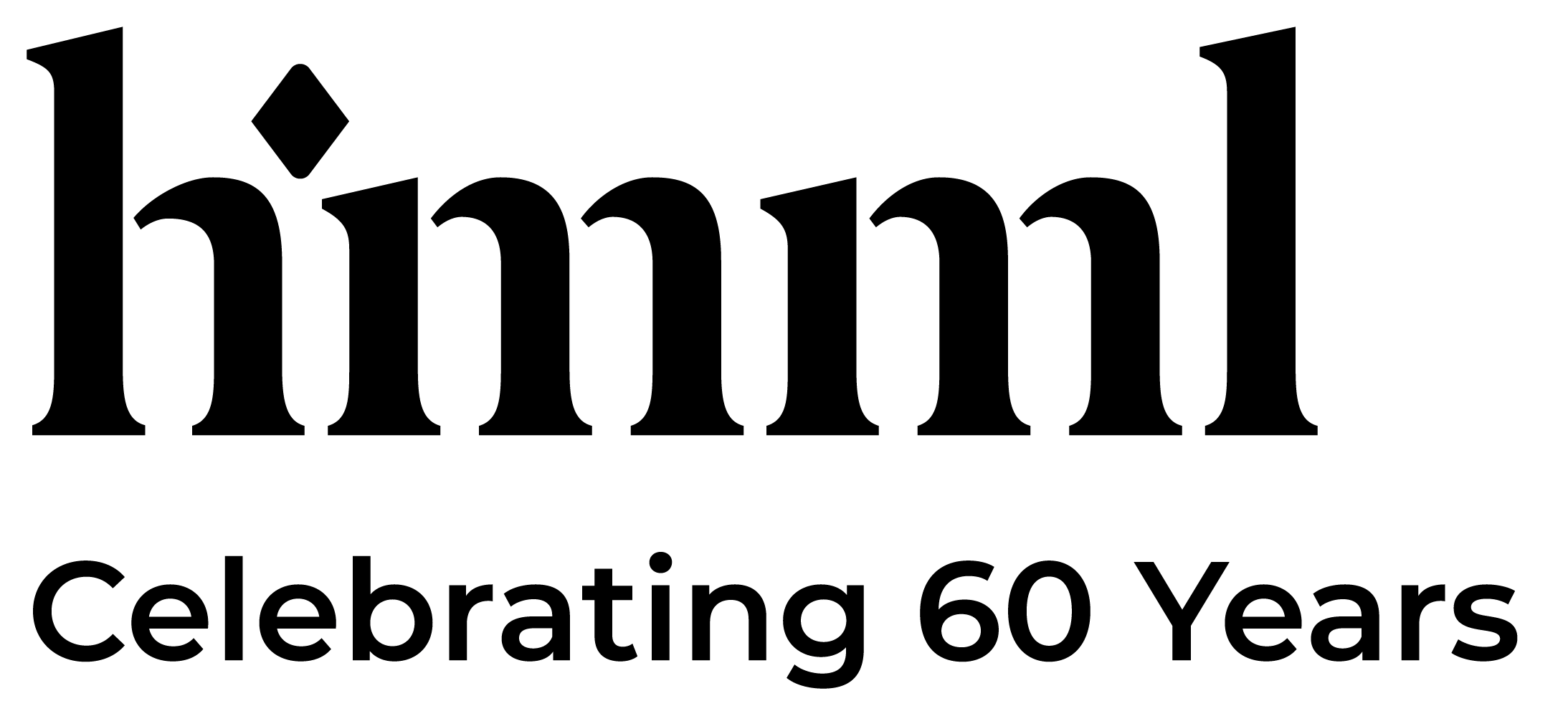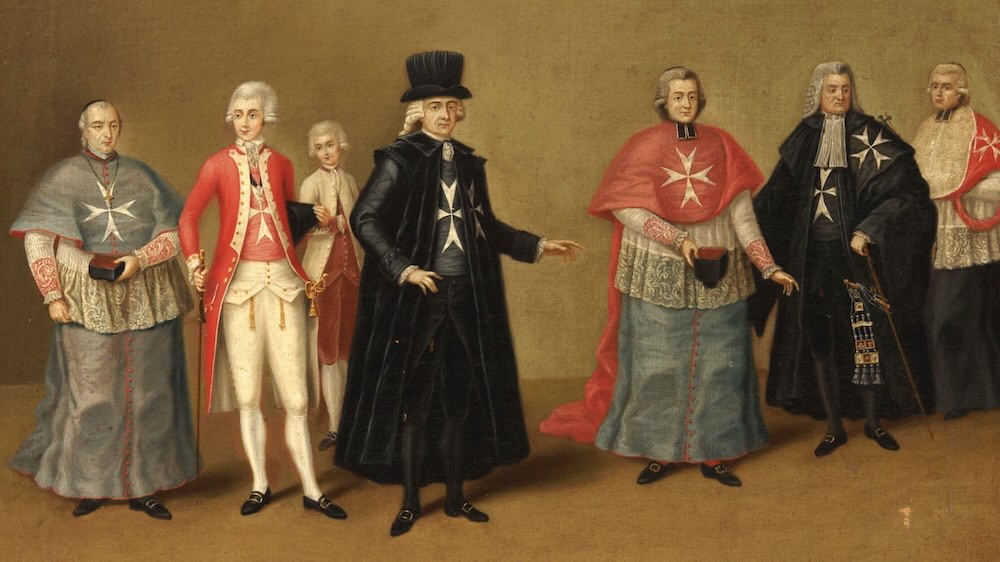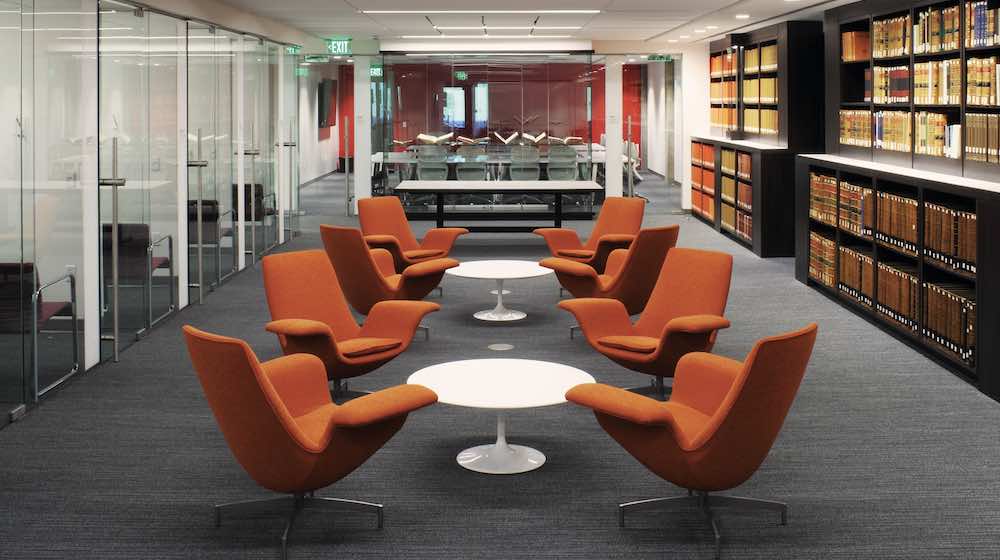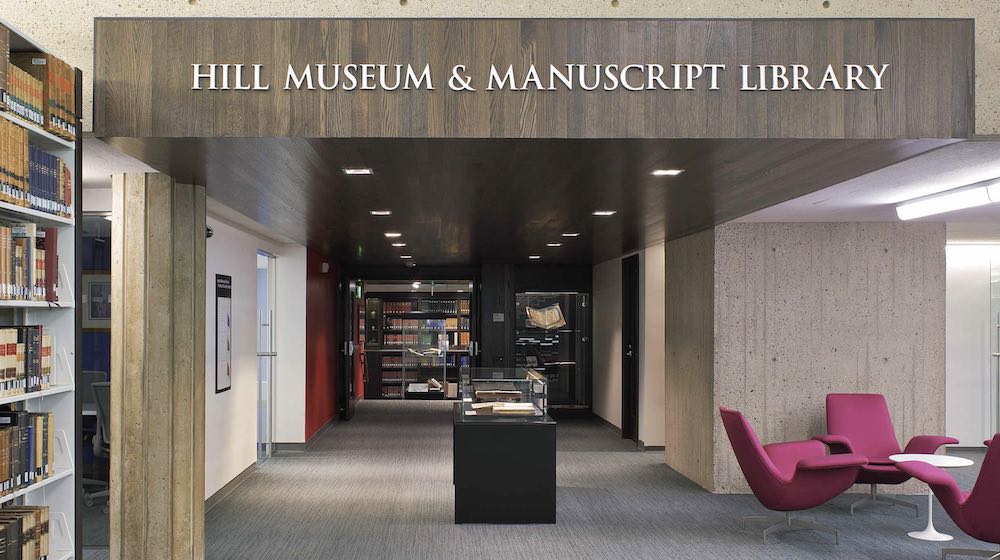Meet Dr. Ali Diakite
Meet Dr. Ali Diakite
Dr. Ali Diakite, cataloger of West African manuscripts, began his work at HMML in 2019. Originally from Burkina Faso, he received a MA from the Université de Bamako Department of Arabic Studies, Bamako, Mali, and a MA and PhD from the École Normale Supérieure, Lyon, France. At the University of Illinois at Urbana-Champaign, Dr. Diakite worked on a postdoctoral fellowship funded by the Gerda Henkel Foundation, Germany. Currently, he is working with Dr. Mauro Nobili to co-edit a definitive critical edition of the Tarikh al-Fattash and Tarikh ibn al-Mukhtar, two important chronicles of West African history to be published with Oxford University Press.
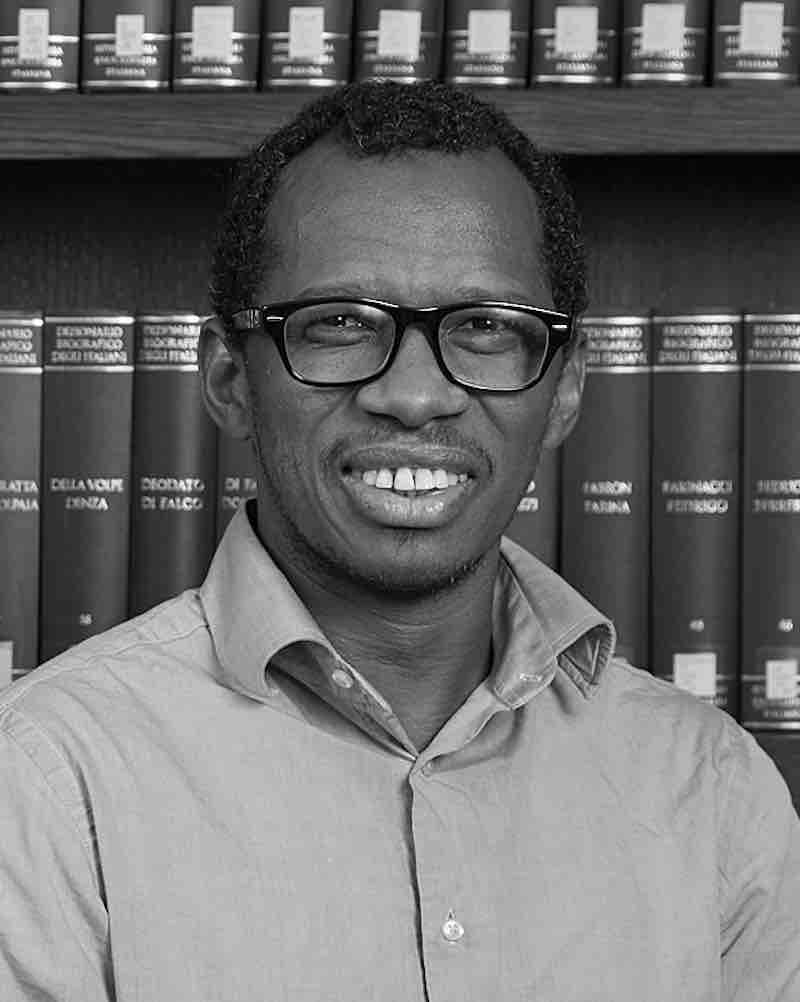
What experiences led you to your work with HMML?
What made me come to work at HMML was first and foremost my passion for the Timbuktu manuscripts. Coming to HMML was truly an unexpected gift to celebrate my previous work; I would have the opportunity not only to interact directly with the manuscripts, but also to participate in their promotion and make them known to the rest of the world.
What does a West African manuscript cataloger do? How do you see your role?
HMML has thousands of manuscripts in various subjects. My role is to sort them—either by author or by title or by other categories, such as the subject—then start to identify them, if I can, and try as much as possible to be consistent.
I see myself as someone who tries as best he can to make West African authors and their texts known in a system where, until now, they were under-represented for various reasons.
What excites you about your work?
Every morning I know my duties, but I don’t know what I will have or discover at the end of the day, so it’s very exciting. I learn almost every day about something I’ve never heard of before. It’s also interesting to know that, after our work is completed, an unlimited number of people will consult the Reading Room to write their book, PhD, article, or other project, so I feel indirectly involved, and that’s motivating.
Tell us about a project you’ve worked on at HMML that you’re especially proud of, or that was meaningful to you.
I am happy to be part of a HMML team that creates databases of West African authors, harmonizes their work, and makes them known on world-recognized platforms such as LOC (Library of Congress) and VIAF (Virtual International Authority File). It is often a pleasure when, while doing research, we come across our own work when HMML is cited as a first source on LOC to identify an author.
Why does cultural heritage preservation matter to you?
This is very important because it allows us to know the history of our recent and distant past. Especially in the region where my work is focused, everything is urgent; the authorities are overwhelmed by events, and they have to sort out their priorities. Unfortunately, cultural heritage is struggling to find its place. Africa has lost a large part of its cultural heritage due to natural events such as climate, as well as causes of wars and even human negligence. So, it is important today to encourage the HMML initiative through digitization and also by raising awareness among local stakeholders about the richness of their heritage.
